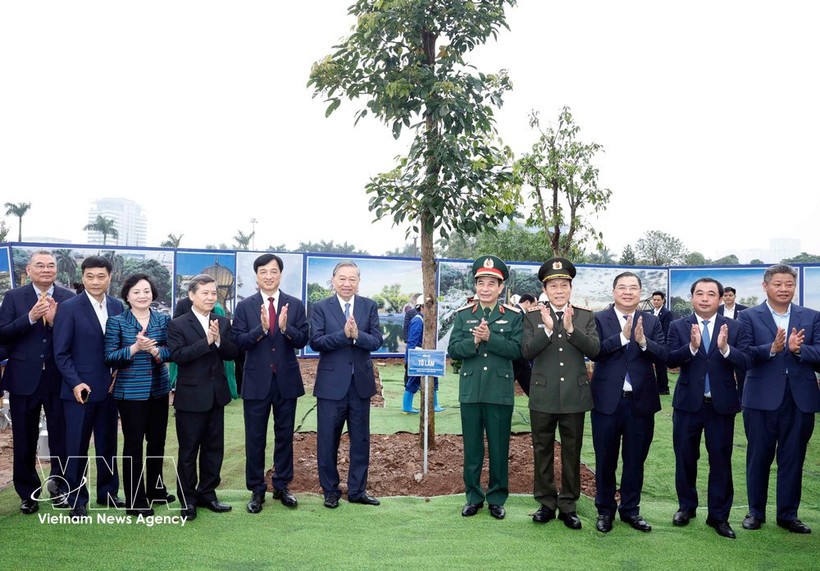Karnataka ignites India’s NewSpace era with first state-level space technology Centre of Excellence
India has officially embarked on establishing the country’s first state-level Centre of Excellence (CoE) in space technology.
Through a pivotal memorandum of agreement between the Karnataka Innovation and Technology Society (KITS) and SatCom Industry Association-India (SIA-India), Bengaluru is preparing to become not just a hub of terrestrial innovation but the launchpad for India’s next leap into the cosmos.
It weaves together the state’s existing strengths from ISRO’s towering legacy, the intellectual galaxy clustered around IISc, DRDO’s trailblazing ingenuity, and an effervescent startup ecosystem that turns improbable dreams into orbital destinies.
What stands out about this Centre of Excellence is its mission to function as a collaborative universe unto itself.
Rather than separate constellations of talent, it brings academia, industry, government, and startups into a single gravitational field.
In this orbit, mentorship meets market opportunity, research connects with manufacturing capability, and fresh ideas find investors ready to fuel liftoff. It is a model of synergy, one in which the line between discovery and deployment becomes delightfully thin.
SIA-India President Subba Rao Pavuluridescribed the centre as a “strategic nucleus,” and like any true nucleus, it promises to energise everything around it.
Karnataka, already the beating heart of India’s satellite and launch vehicle development, is now moving from contribution to leadership in shaping the country’s presence in the global space economy. Here, rockets aren’t just built, but futures are too.
The timing for this initiative could not be more promising. India’s space market is projected to reach a dazzling $20.6 billion (INR 1.8 lakh crore) by 2033, and Karnataka aims to capture half of that growth.
The target doesn’t stop at national influence; aligned with India’s ambition to secure 10% of the global space market, the state is positioning itself as a competitive celestial force.
The CoE will support startups working on everything from satellite technologies to AI-powered space data analytics, extending prototype funding that helps young innovators transform their napkin sketches into industry-grade marvels.
Training programmes will ensure that engineers, researchers, and students glide into this sector armed with cutting-edge skills. It’s an academy for tomorrow’s Chandrayaan successors and Gaganyaanthinkers, who will write the next big headlines not from Cape Canaveral, but from Bengaluru’s own cosmic corridors.
In a world where space innovation thrives on partnerships, international and domestic technology collaborations will form another crucial propulsion system for the centre.
Joint ventures and knowledge exchange will help Karnataka amplify both its intellectual capital and hardware capabilities in areas like satellite components and space-based applications. The state will not just participate in global advancements but help steer them.
One of the most inventive elements coming from this initiative is the development of India’s first State Space Innovation Index.
Conceptualised by SIA-India’s Director General Anil Prakash, this index will measure policy readiness, infrastructure, and investment appeal. It isn’t simply a scoreboard; it is a scoreboard that teaches every player how to score better.
The Index reflects a governance mindsetthat doesn’t wait for success to arrive but builds the runway for it.
For students dreaming of interplanetary voyages and startups plotting disruptive satellite-based services, this centre will be more than infrastructure.
It will be a telescope pointed at their potential. It represents the opening of doors, the removal of ceilings, and a chance for Karnataka’s brightest to find a place among the stars without having to board a plane out of the country.
DS Govindrajan of SIA-India, who will lead the centre’s implementation, embodies this spirit of collaboration and ambition.
Under his guidance, the CoE will evolve into a thriving spaceport of ideas: a site where knowledge isn’t just stored but launched; where entrepreneurs aren’t daunted by the vastness of space but energised by its limitless invitation.
Karnataka’s leadership in space innovation is not new. Bengaluru has long been the cradle of some of India’s most dazzling missions, from Moon landings to Mars triumphs.
But the Centre of Excellence symbolises a new era where the launchpad expands from government-led missions to a dynamic and inclusive market of private ingenuity.
The state’s drive to cultivate 50% of the country’s space market echoes a firm understanding: space economies are no longer science fiction.
They are drivers of communication, agriculture, climate monitoring, navigation, disaster management, and even cybersecurity.
As satellites shrink in size and expand in utility, as launch costs drop and data needs skyrocket, the galaxy of business opportunity widens further. Karnataka’s move ensures it has the first seat in this accelerating rocket.
In many ways, this initiative reflects India’s larger story: a nation that once watched the stars from ancient observatories is now the architect of multi-planetary missions.
A country that launched its first rocket from a bicycle now aspires to lead global space solutions. Karnataka is writing a chapter in that epic saga with Bengaluru as the cosmic capital.
The Centre of Excellence will serve not just as a building of labs and workstations, but as a monument to India’s belief that the sky is not just the limit. It is a destination.
As the world’s strongest economies invest heavily in satellites, launch infrastructure, and planetary exploration, Karnataka has stepped confidently into the race.
Most read
Recommended
 Economy
Economy
The billions given to charity by ordinary Indians every year
 Economy
Economy








